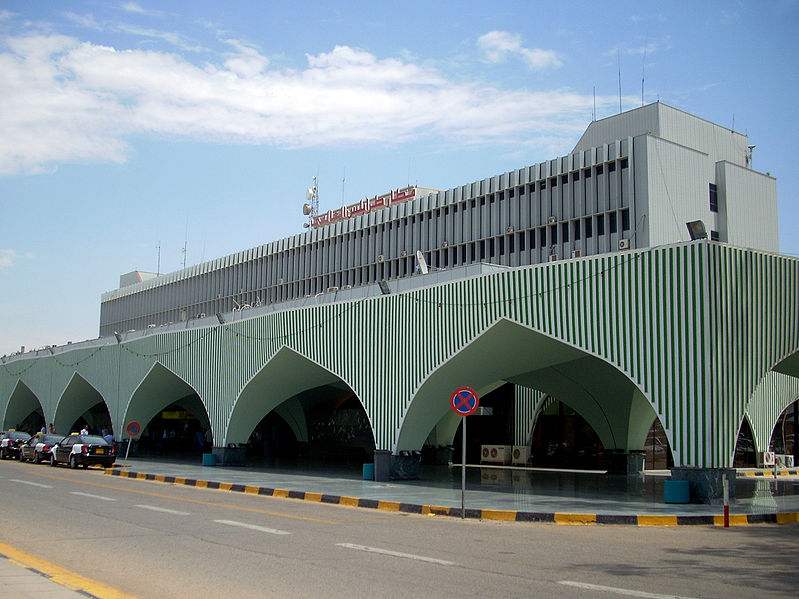By Sami Zaptia.
Tripoli, 20 August 2013
Muftah Alateeri, the spokesperson for Petroleum Facilities Guards (PFG) in the southern region of Libya said . . .[restrict]that 21,000 had conscripted to the PFG.
However, according to him only 3,000 are actually working, mostly in the south and the east of the country. These are the ones spread across the oilfields in the desert and ports, the PFG spokesperson said.
Moreover, according to Alateeri, speaking to Alaseema TV today, the balance of 18,000 PFG members are “asleep in Tripoli under air-conditions and or at the Brega compound in Airport Road and at the Zawyia refinery” as opposed to out in the desert oilfields and strategic oil ports in eastern Libya.
The subject of the Petroleum Facilities Guards (PFG) has been a very controversial one over the last few months, coming to a head in recent days as members of the PFG have been openly accused by the Oil Minister Arusi and Prime Minister Zeidan of participating in armed industrial actions at oil installations – as opposed to protecting them.
Over the last few weeks almost all of Libya’s oil ports have been shut down by armed strikes, reducing Libya’s oil exports to such a trickle (30%) to the extent that Libya had to declare a force majeure yesterday with regards to its inability to deliver orders for the month of September.
In June PFG members clashed in Tripoli ostensibly over unpaid wages, but some analysts suspect it was a straight forward turf war over who should get to guard which oil facility – and collect the handsome payment for such duties.
The government and GNC at the end July had appointed a new head to the PFG after his predecessor had resigned – an issue that led to some more expressions of discontent by PFG members who favoured the outgoing head.
However, despite appointing Staff Brigadier Rasheed Mohammed Saleh Alsabri, the authorities have struggled to get the PFG to fully acquiesce to its authority. [/restrict]









